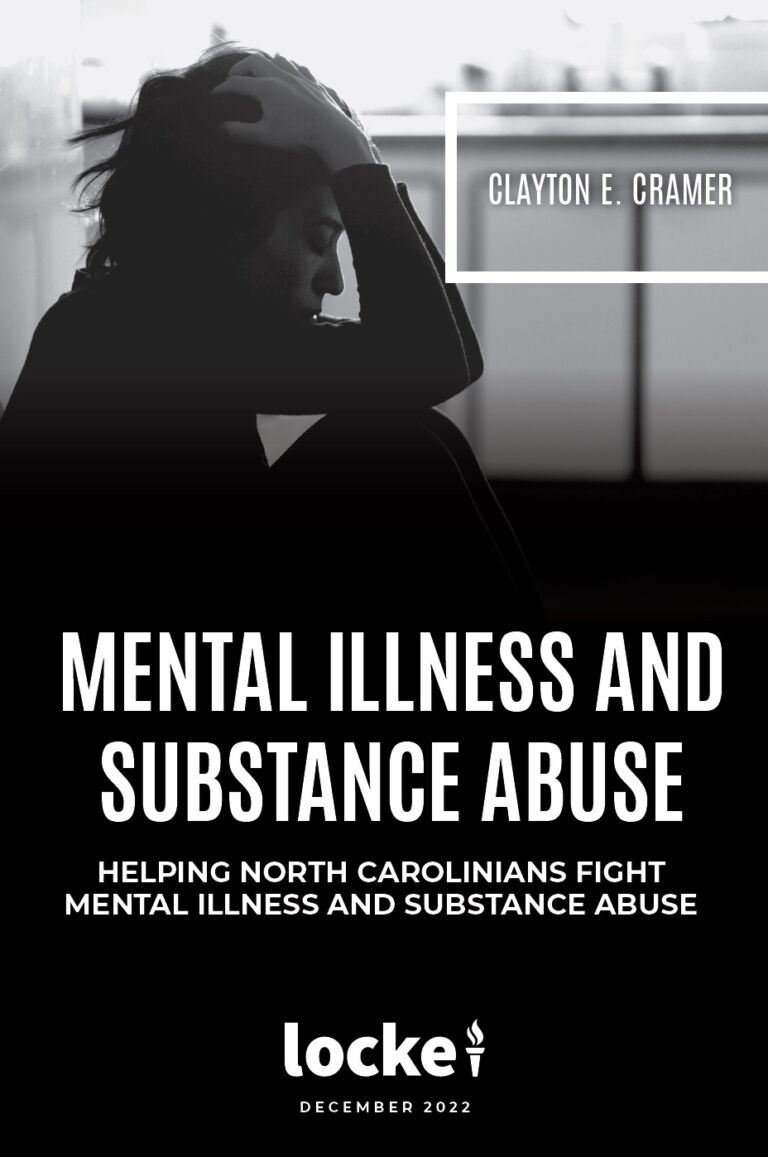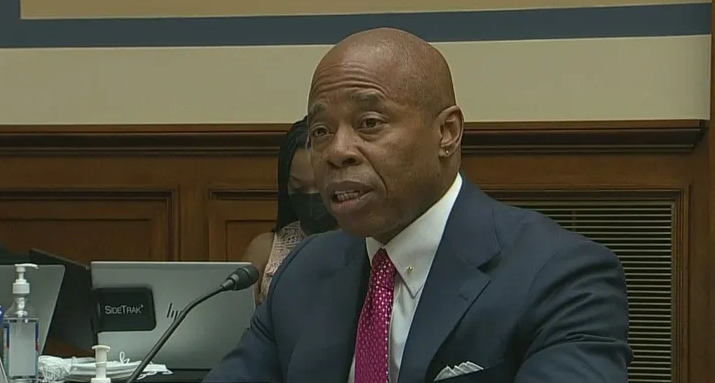Substance abuse, severe mental illness, homelessness, poverty, crime, and other social disorders are now seemingly rampant problems. Videos taken from the streets of Los Angeles and Philadelphia and shared on social media show the explosion of people living in conditions similar to those found in developing countries. This is an issue states and cities must address, but what is the best way to help some of the most vulnerable members of the public while also breaking the cycle of mental illness induced poverty, drug dependency, violence and other issues plaguing communities?
It’s a public policy issue that states like North Carolina should carefully consider, especially given the correlation between mental illness and homelessness. According to the Kaiser Family Foundation, there are only enough psychiatrists, psychologists, psychiatric nurses, addiction counselors and mental health or family and marriage counselors to address 13.4% of the state’s needs.1 The vast majority of those with serious psychiatric conditions, like schizophrenia and bipolar disorder, are unable to get the care they require to help them lead productive and fulfilling lives. This increases the risk of these vulnerable people falling through the cracks and perhaps ending up in the criminal justice system.
To help address this, some of the suggestions in this piece include abolishing North Carolina’s Certificate of Need laws to allow for more psychiatric and substance abuse care by both expanding total capacity and allowing for the wider distribution of facilities. Used appropriately, involuntary commitment can be a useful tool, and North Carolina’s involuntary commitment laws appear sufficient to address most situations without becoming an echo of the abusive practices in the past. Nonetheless, this change would be contingent upon increasing the ability to train and or attract medical professionals with specialized training in addressing mental health related issues and complications, which should be somewhat easy as Duke University is listed by U.S. News & World Report as the 9th best psychiatric medical school in the nation. Involuntary outpatient commitment is another useful tool in treating mental illness, and North Carolina should continue its laudable use for those mental illness sufferers who pose no danger to others.


